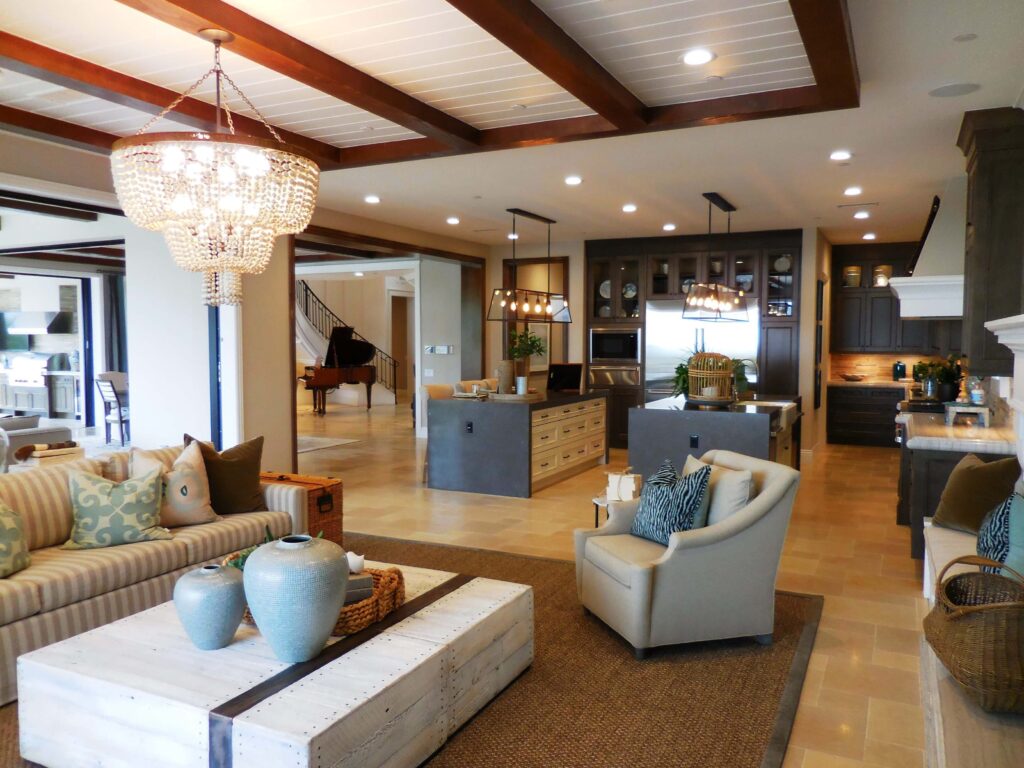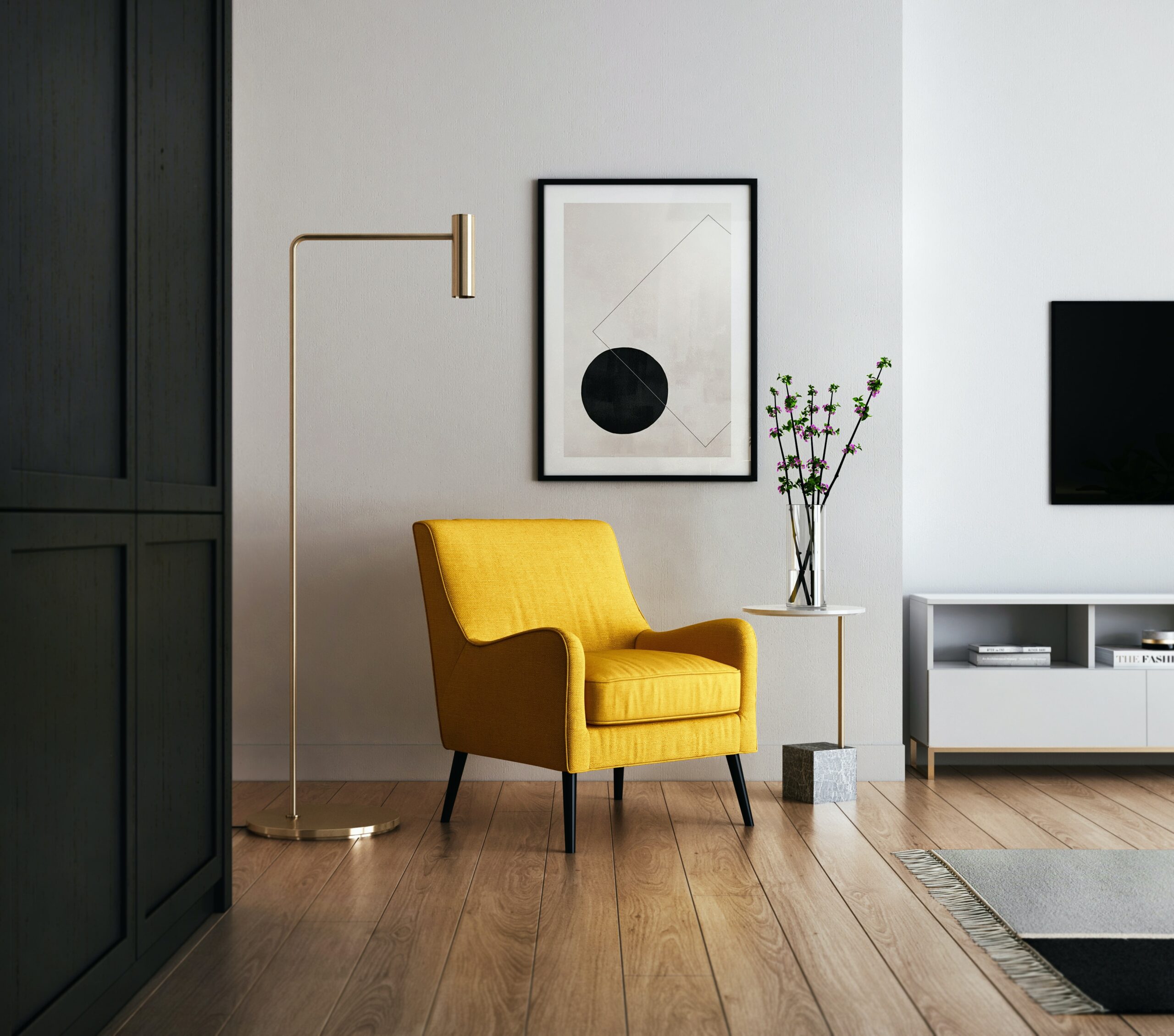Interior design is the art and science of enhancing the interior of a space to create a more aesthetically pleasing and functional environment. It involves a combination of creativity, technical knowledge, and problem-solving skills to transform a space into one that meets the needs and preferences of its occupants. Interior designers work with various elements, including color, texture, furniture, lighting, and spatial arrangements, to create harmonious and well-designed interiors.
Several factors contribute to the importance of interior design:
- Aesthetic Appeal: Interior design enhances the visual appeal of a space, making it more attractive and inviting. A well-designed interior contributes to a positive and enjoyable experience for the occupants.
- Functionality: Interior designers consider the functionality of a space and aim to optimize its layout to meet the practical needs of the users. This involves planning the arrangement of furniture, lighting, and other elements to ensure a comfortable and efficient use of the space.
- Efficient Use of Space: Interior designers are skilled in making the most of available space. They can maximize functionality while maintaining a sense of openness and flow within a room.
- Personalization: Interior design allows individuals to express their personalities and preferences through their living or working spaces. Design choices such as color schemes, furniture selection, and decorative elements contribute to creating a space that reflects the occupant’s style.
- Psychological Impact: The design of a space can have a significant impact on the psychological well-being of its occupants. Elements like color, lighting, and layout can influence mood, comfort, and productivity.
- Increased Property Value: Well-designed interiors can enhance the overall value of a property. Thoughtful and appealing design can make a property more marketable and attractive to potential buyers or tenants.
- Adaptability: Interior designers consider the long-term needs of a space and can create designs that are adaptable to changing requirements. This is particularly important in residential and commercial settings where flexibility is valuable.
In summary, interior design is important because it goes beyond the superficial aspects of aesthetics to create spaces that are functional, comfortable, and reflective of the people who use them. Whether in homes, offices, retail spaces, or other environments, interior design plays a crucial role in shaping the way we experience and interact with our surroundings.

